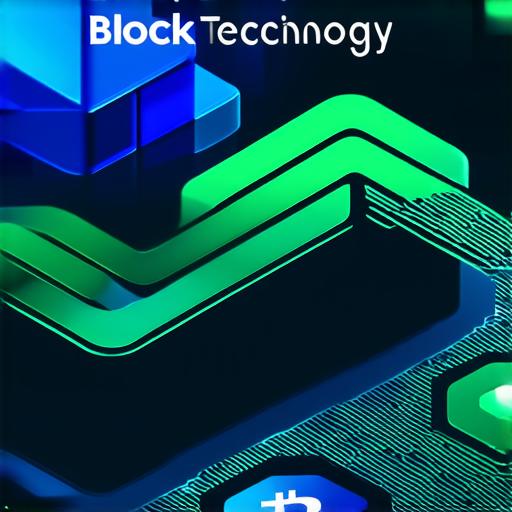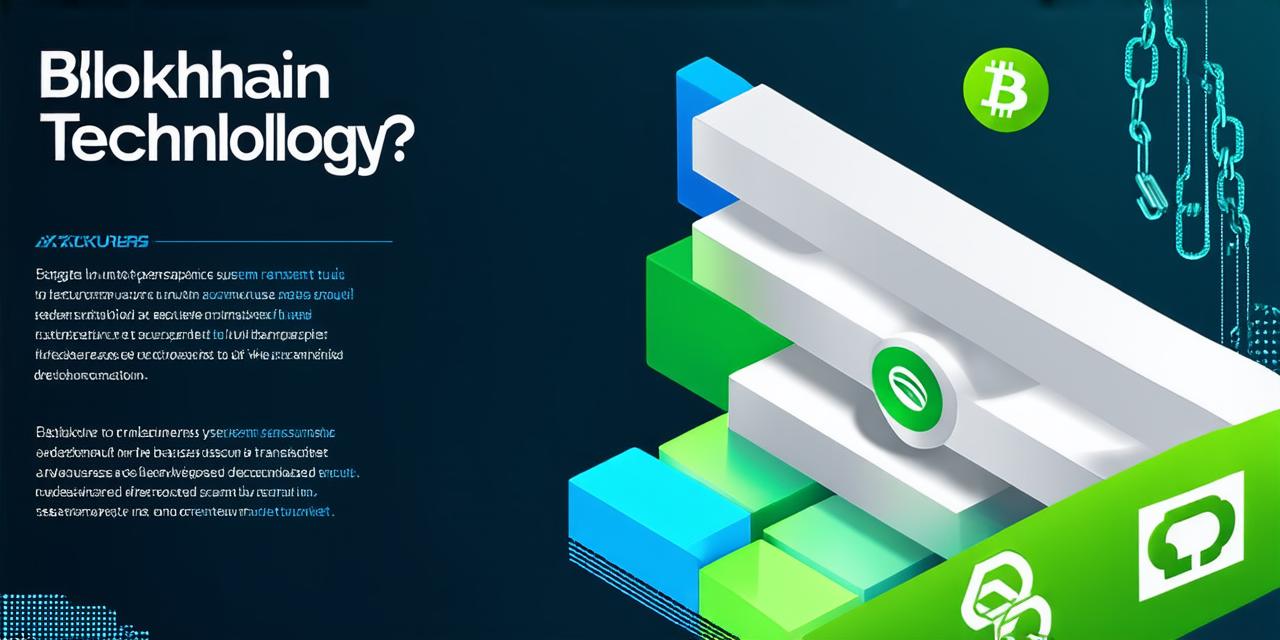What is Blockchain Technology?
Before we dive into the advantages of blockchain technology, let’s first understand what it is. At its core, blockchain is a digital ledger that records transactions across a network of computers. Each transaction is verified and validated by multiple participants in the network, ensuring that the data is accurate and secure. The ledger is decentralized, meaning there is no single point of failure or control, making it highly resistant to hacking and fraud.
Advantages of Blockchain Technology
1. Decentralization and Security
One of the key advantages of blockchain technology is its decentralized nature. There is no single point of failure or control, making it highly resistant to hacking and fraud. This also means that there is no need for intermediaries like banks or other financial institutions to manage transactions, reducing the risk of errors and increasing efficiency.
2. Transparency and Immutability
Another advantage of blockchain technology is its transparency and immutability. Each transaction on the blockchain is recorded in a public ledger that can be accessed by anyone on the network. This ensures that all participants have access to the same information, reducing the risk of errors and increasing trust. Additionally, once a transaction is recorded on the blockchain, it cannot be altered or deleted, ensuring the integrity of the data.
3. Reduced Costs and Increased Efficiency
Blockchain technology can significantly reduce costs and increase efficiency in various industries. For example, in the financial industry, blockchain can eliminate the need for intermediaries like banks, reducing transaction fees and increasing processing times. In the supply chain industry, blockchain can improve transparency and tracking, reducing errors and improving delivery times.
4. Improved Data Security and Privacy

Blockchain technology can also improve data security and privacy. Each transaction on the blockchain is encrypted and securely stored in a decentralized network, making it highly resistant to hacking and fraud. Additionally, blockchain can enable users to control their own data, giving them greater control over their personal information and reducing the risk of identity theft.
Case Studies and Personal Experiences
1. Bitcoin
One of the most well-known examples of blockchain technology is Bitcoin, a decentralized digital currency that uses a blockchain to record transactions. Bitcoin has revolutionized the financial industry by eliminating the need for intermediaries like banks and reducing transaction fees and processing times. While there have been some challenges with Bitcoin, including its volatility and limited adoption, it remains a highly innovative solution that has paved the way for other decentralized digital currencies.
2. Ethereum
Another example of blockchain technology is Ethereum, a decentralized platform that enables developers to build smart contracts and decentralized applications (dApps) using blockchain technology. Ethereum has been used in a variety of industries, including finance, supply chain management, and gaming, to create secure and efficient solutions that leverage the benefits of blockchain technology.
3. Personal Experience
As a developer, I have personally experienced the benefits of blockchain technology firsthand. I have worked on several projects that used blockchain to improve data security, reduce costs, and increase efficiency. One project involved using blockchain to track the supply chain of a pharmaceutical product, ensuring that it was authentic and not counterfeit. Another project involved using blockchain to facilitate peer-to-peer energy trading, reducing costs for both consumers and utilities.
FAQs
1. What is the difference between blockchain and Bitcoin?
Blockchain is a decentralized ledger system that records transactions across a network of computers. Bitcoin is a decentralized digital currency that uses blockchain to record transactions. While both use blockchain technology, they serve different purposes.
2. Is blockchain technology secure?
Yes, blockchain technology is highly secure due to its decentralized nature and use of encryption. Each transaction on the blockchain is verified and validated by multiple participants in the network, ensuring that the data is accurate and secure. Additionally, once a transaction is recorded on the blockchain, it cannot be altered or deleted, ensuring the integrity of the data.
3. Can blockchain technology be used in industries other than finance and cryptocurrency?
Yes, blockchain technology can be used in a variety of industries, including supply chain management, healthcare, real estate, and more. The key advantage of blockchain is its ability to improve transparency, security, and efficiency, making it a valuable solution for any industry that deals with data or transactions.
Summary
Blockchain technology offers numerous advantages over traditional databases and systems, including decentralization, transparency, reduced costs, and improved data security and privacy. As a developer, it is important to stay up-to-date with the latest developments in blockchain technology and explore its potential applications in your industry. By leveraging the benefits of blockchain, you can create innovative and secure solutions that meet the needs of your customers and stakeholders.
